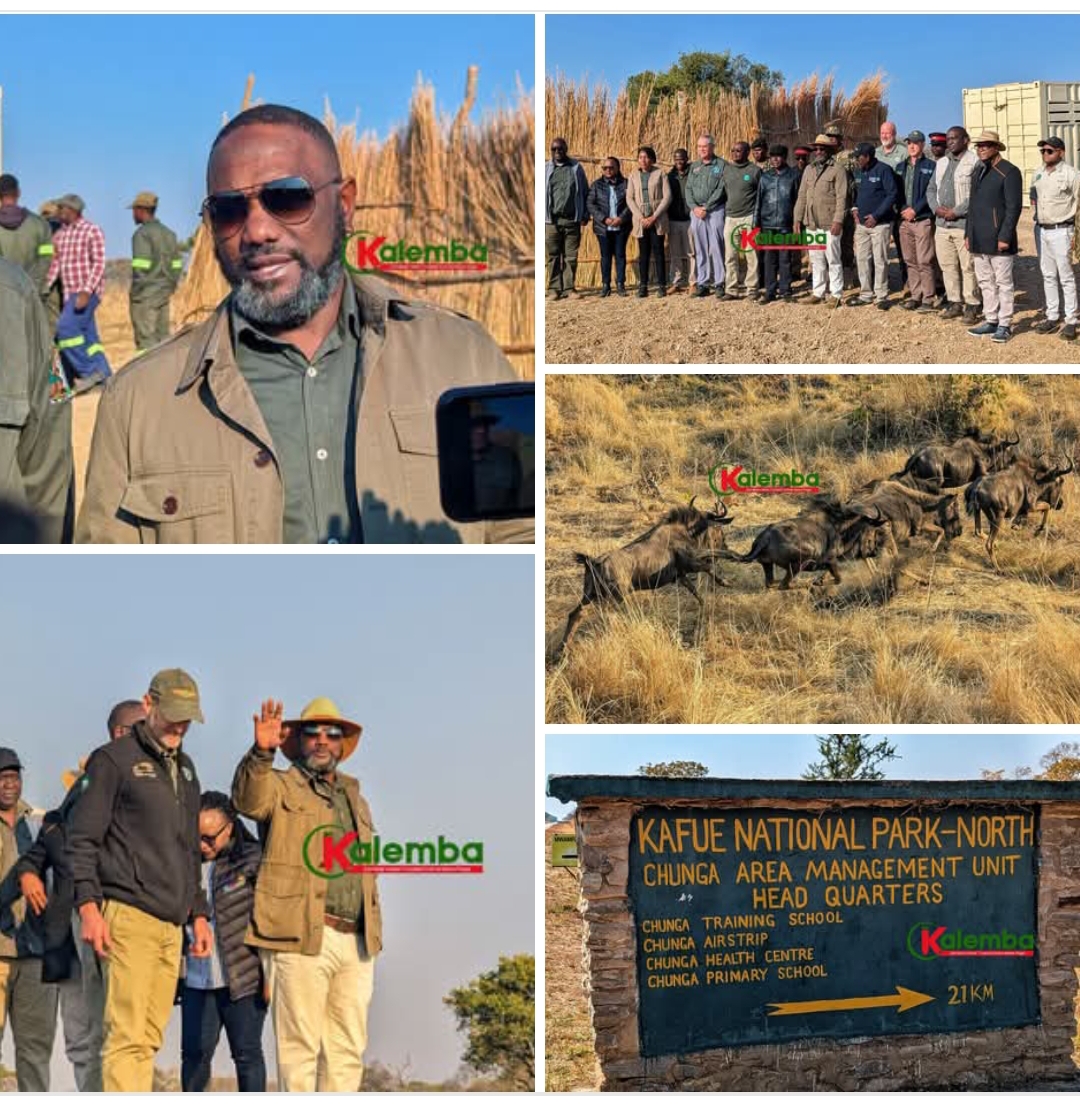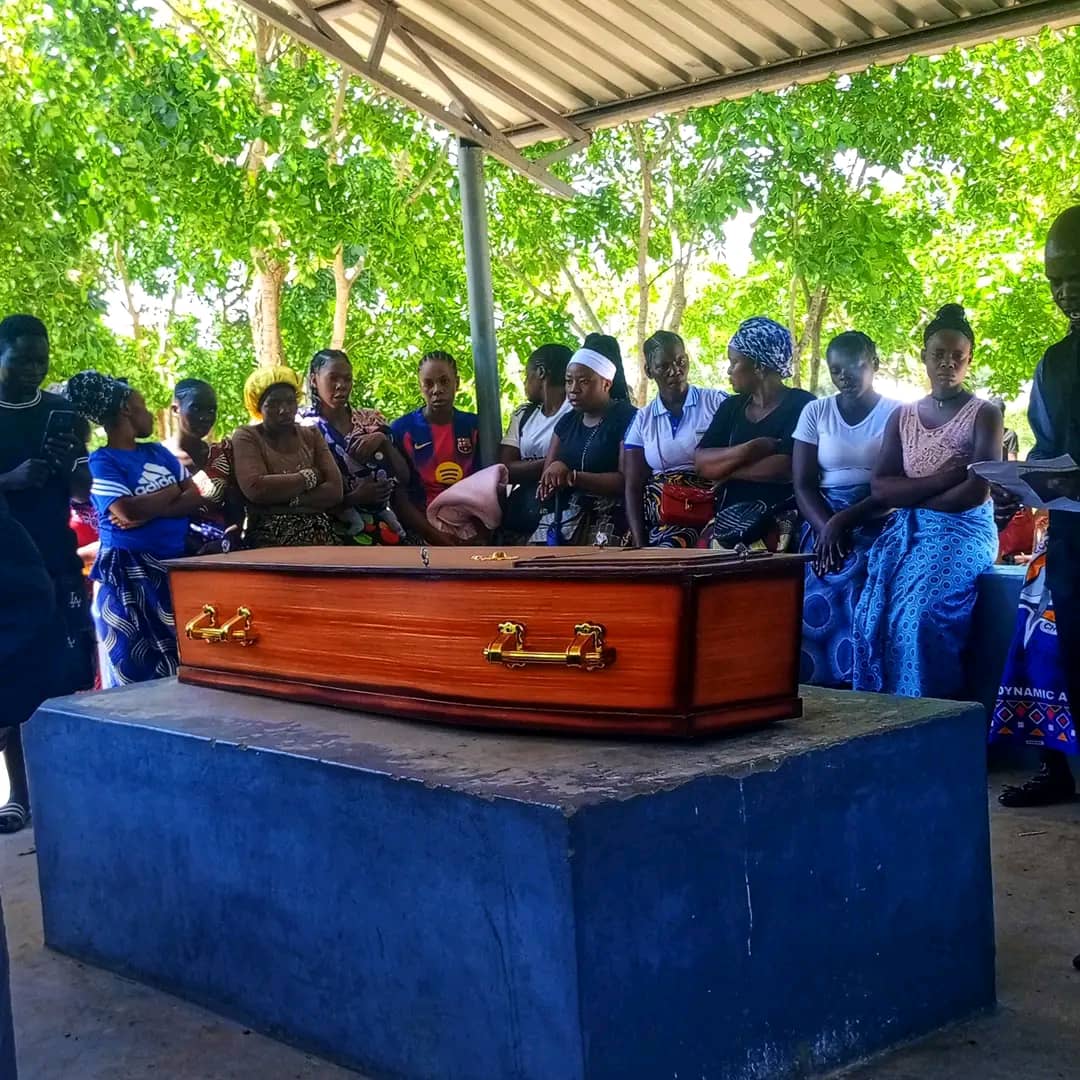THE Government has commenced a US$1.6 million worth of wildlife translocation exercise to restore ecological balance, enhance biodiversity and boost tourism in Zambia’s protected areas.
https://www.facebook.com/share/p/19JqNcyzKD
The operation, which is the country’s largest wildlife translocation exercise, will see 1,650 wildebeest and 300 zebras relocated from Liuwa Plain National Park in Western Province to Kafue National Park.
In a reciprocal move, 50 Lichtenstein’s hartebeest will be reintroduced to Liuwa for the first time in over three decades, sourced from Mulobezi Game Management Area.
Speaking when he flagged off the 10-day exercise, Minister of Tourism Rodney Sikumba said the initiative was part of a broader strategy to revitalise national parks and improve visitor experiences.
“Tourism in Zambia is purely nature-based, and when people pay park entry fees, they expect to see wildlife. This translocation is about restoring balance, increasing sightings, and ensuring visitors leave with unforgettable experiences,” Sikumba said.
The Ministry of Tourism, through the Department of National Parks and Wildlife, is implementing the project in partnership with the Barotse Royal Establishment and African Parks Network.
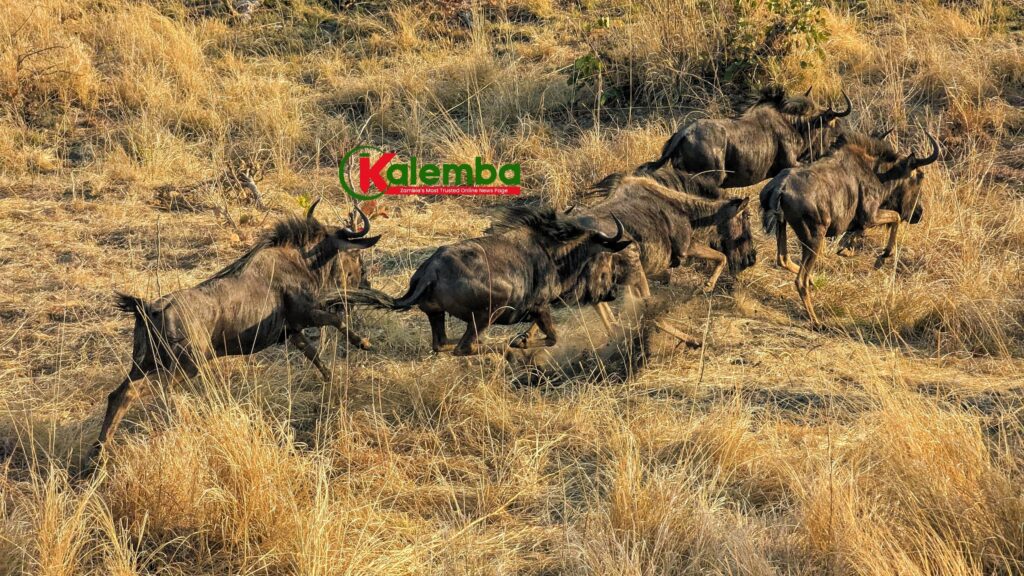
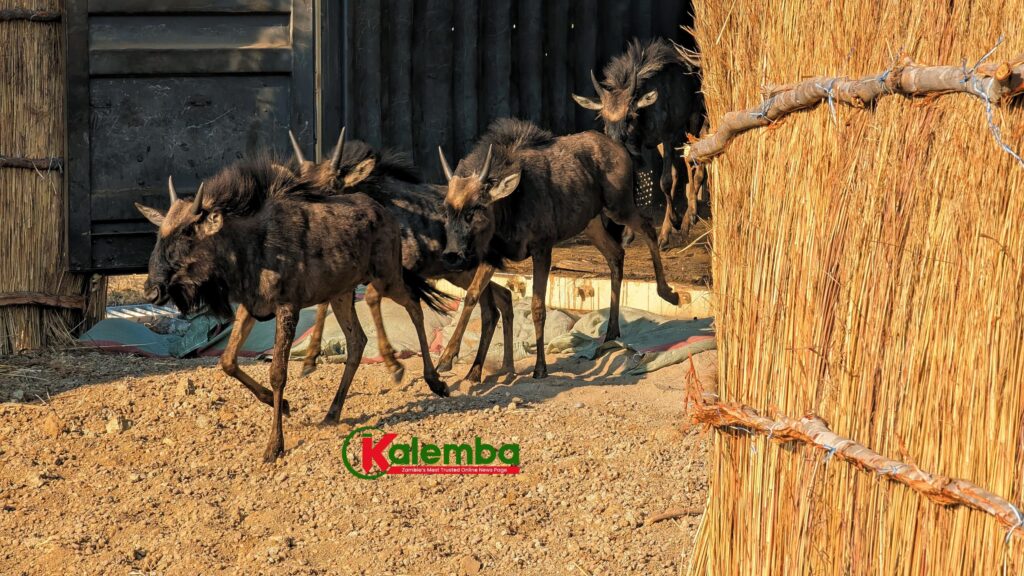
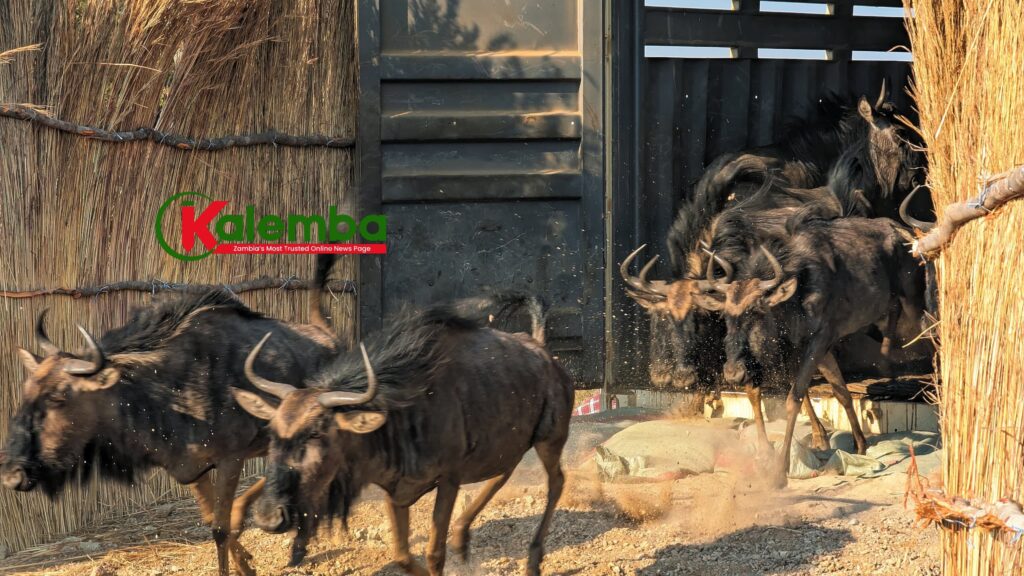
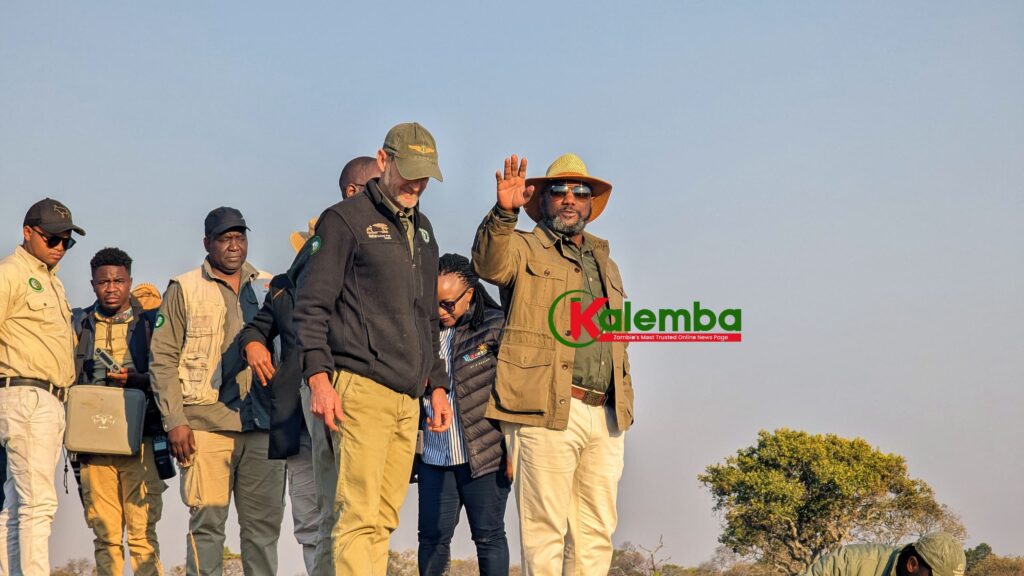
According to the Minister, the relocation is expected to strengthen predator-prey dynamics in Kafue National Park, while the return of the hartebeest to Liuwa will help rebuild a balanced herbivore population, enhancing the park’s ecological integrity and tourism appeal.
The exercise follows the successful reintroduction of the endangered Kafue Lechwe to Kafue National Park in June 2024 and forms part of a wider national restocking programme covering several protected areas, including Mosi-oa-Tunya National Park.
Experts from various fields, including veterinary science, ecology, and wildlife management, are engaged in the operation to ensure minimal stress to the animals and maximum survival rates after release.
Meanwhile, Kafue National Park manager Craig Reid, explained that in the past, the park faced serious challenges from poaching and a decline in animal populations.
However, since African Parks began working with the Government of Zambia in 2021 and formalised a long-term partnership in 2022, significant resources have been invested in securing the area.
This, he said, has drastically reduced illegal activities and created safe conditions for wildlife restocking to take place.
“As we stand now, there’s very limited illegal activity in the park, and this has created an environment that allows restocking to take place because the animals we bring in are now safe,” Reid said.
Kafue National Park spans 22,400 square kilometres and is part of the Kavango-Zambezi Transfrontier Conservation Area, while Liuwa Plain covers 336,000 hectares and is home to Africa’s second-largest wildebeest migration.
Story and Pictures by George Musonda
Kalemba August 12, 2025


